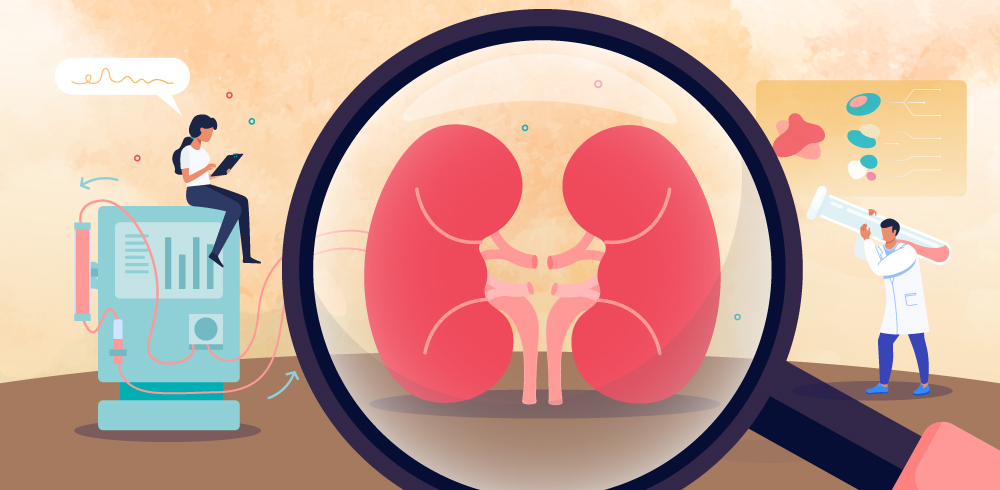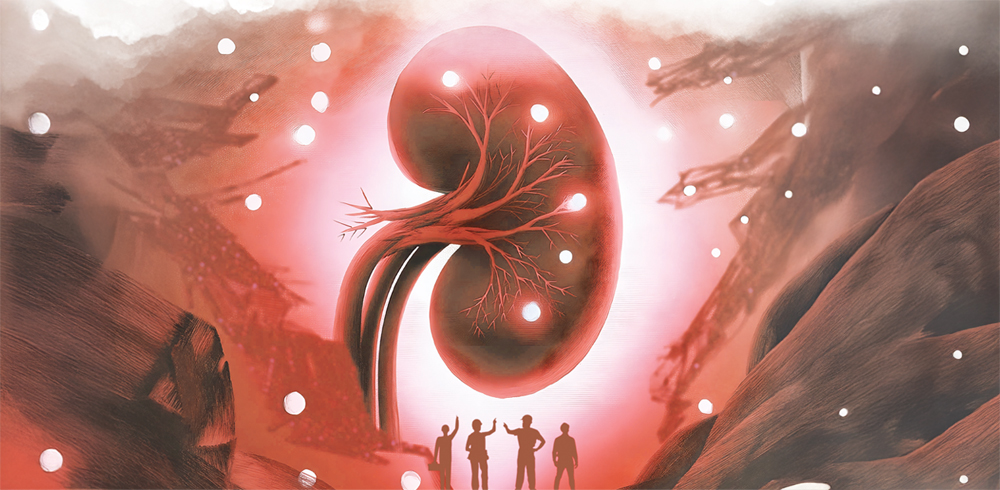Nephrology
Editor’s Pick

Acute kidney injury requiring dialysis (AKI-D) remains a significant challenge following hospital discharge, with up to one-third of patients continuing dialysis in outpatient settings. While some may recover kidney function, others progress to end-stage renal disease (ESRD).

In an interview with Professor Tan, Guang-Ming emphasized the value of adopting a localized CKM health framework—one that prioritizes early detection, fosters multidisciplinary collaboration, and drives systemic reforms to enhance patient outcomes and transforms the healthcare landscape.

Advancing "green nephrology" through eco-friendly technologies and patient-led initiatives can reduce the environmental footprint of kidney care while improving patient independence and QoL.

Chronic kidney disease (CKD) has a significant global impact, affecting over 800 million people, particularly those from lower socio-economic backgrounds. In Hong Kong, recent survey data indicate that 0.7% of individuals aged 15 and older have been diagnosed with renal impairment.1 CKD is classified into five stages, with stages 4 and 5 linked to considerably higher risks of mortality and cardiovascular complications. Early detection and intervention are crucial for preventing the progression to kidney failure and for effective risk stratification, especially since over 40% of individuals with diabetes—a major risk factor for CKD—are likely to develop the condition.
Conference Update
11th ISPD Asia Pacific Chapter Meeting 2025
39th Annual Congress of the Malaysian Society of NephrologySeptember 3-7, 2025|
Kuala Lumpur, Malaysia






